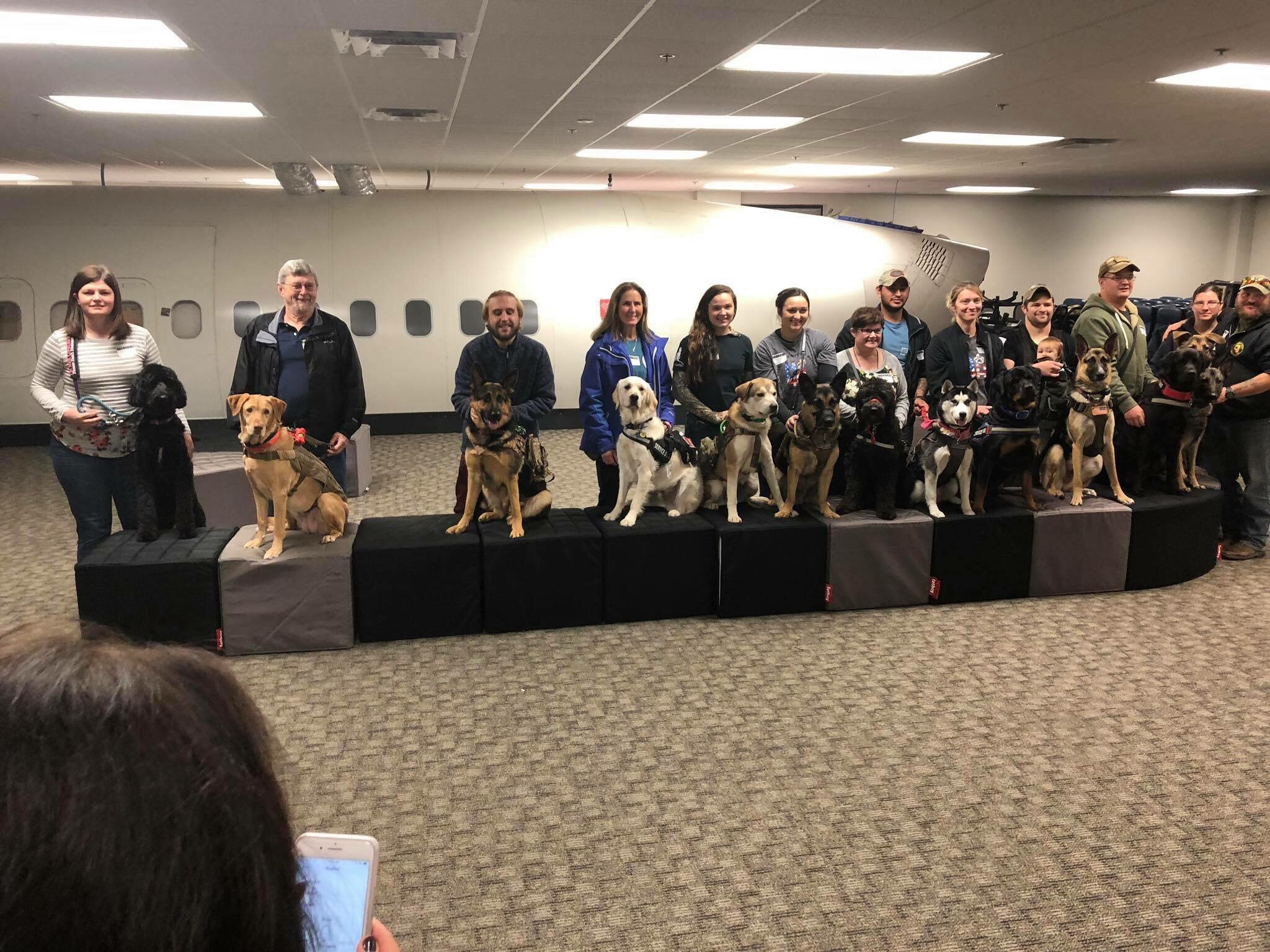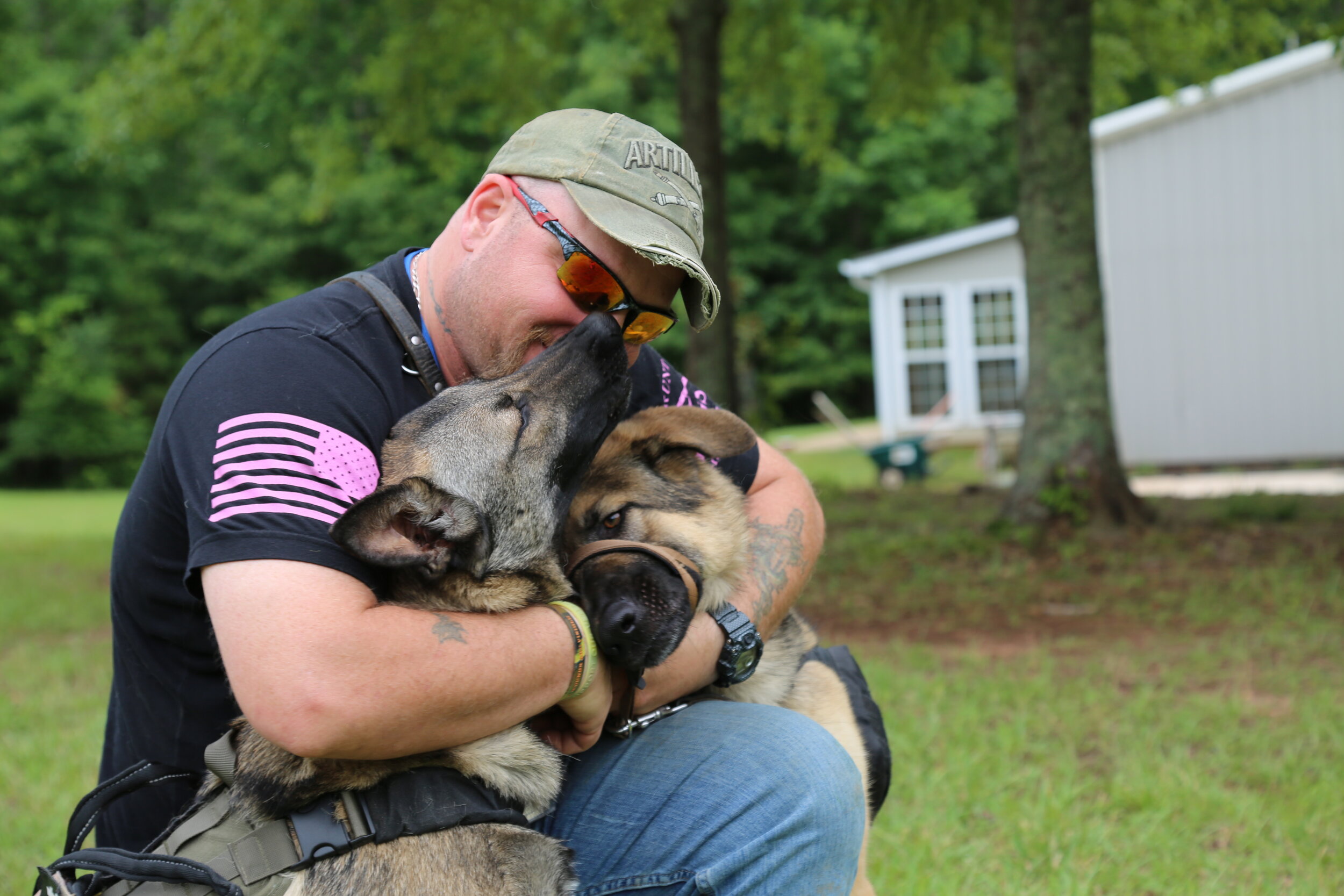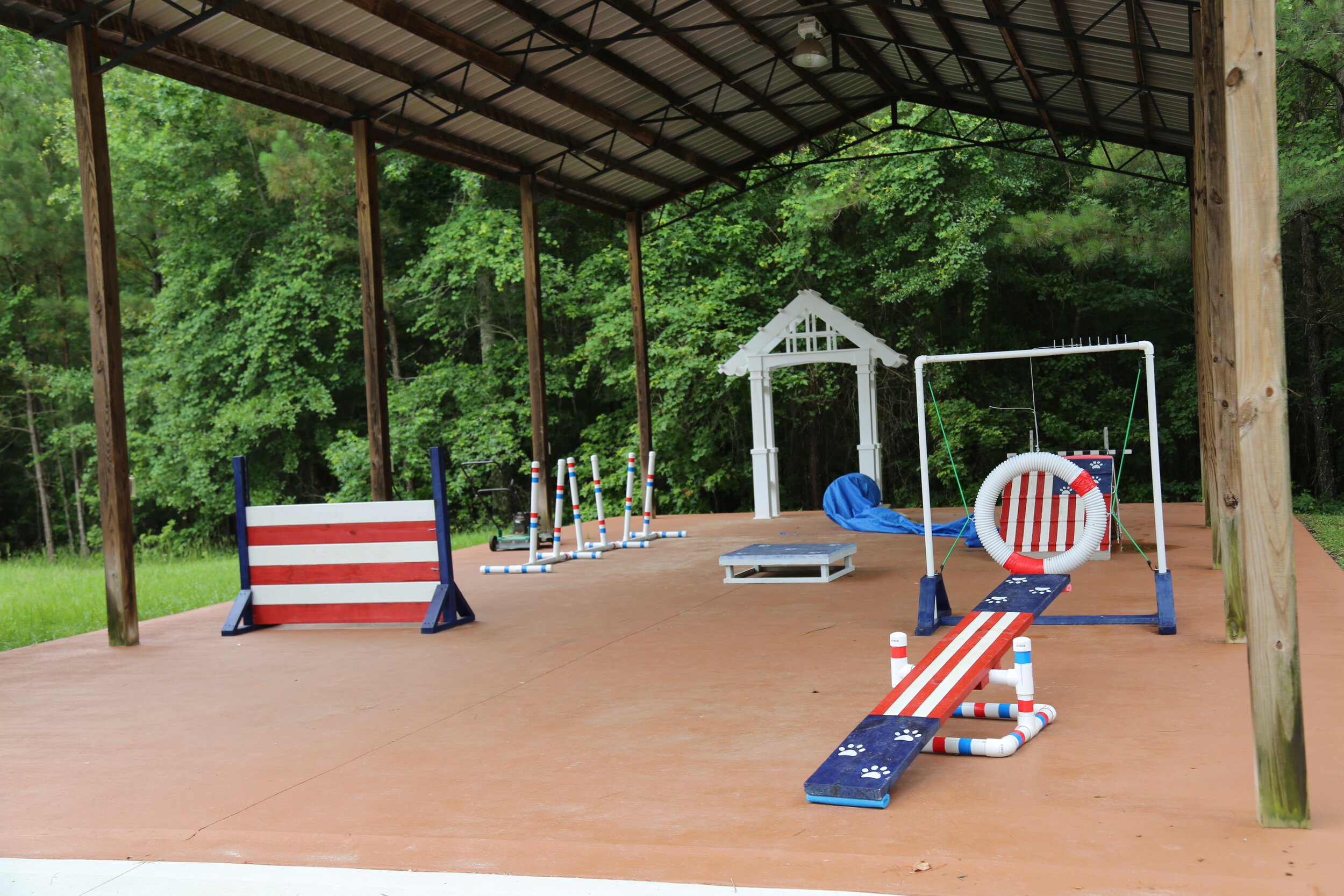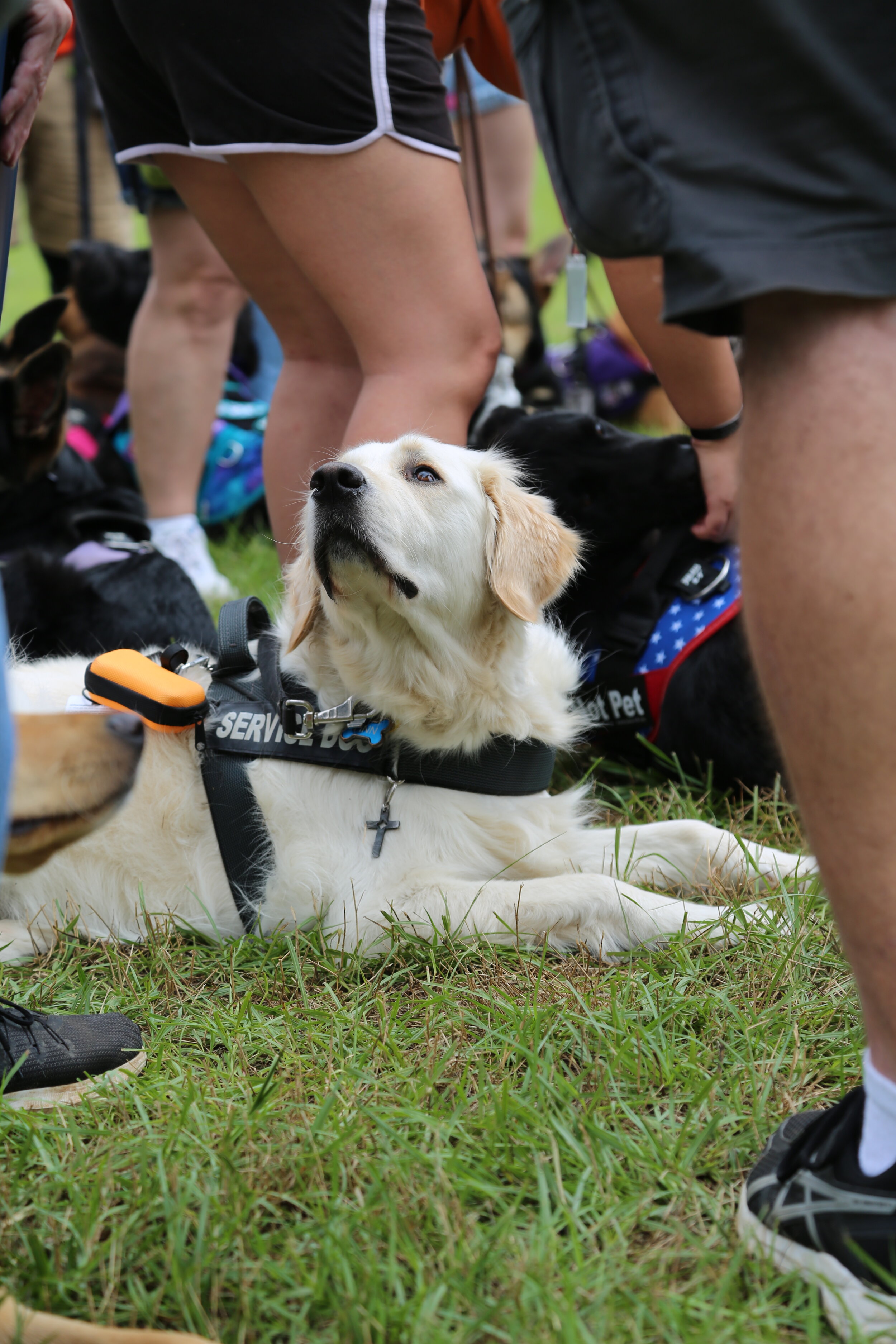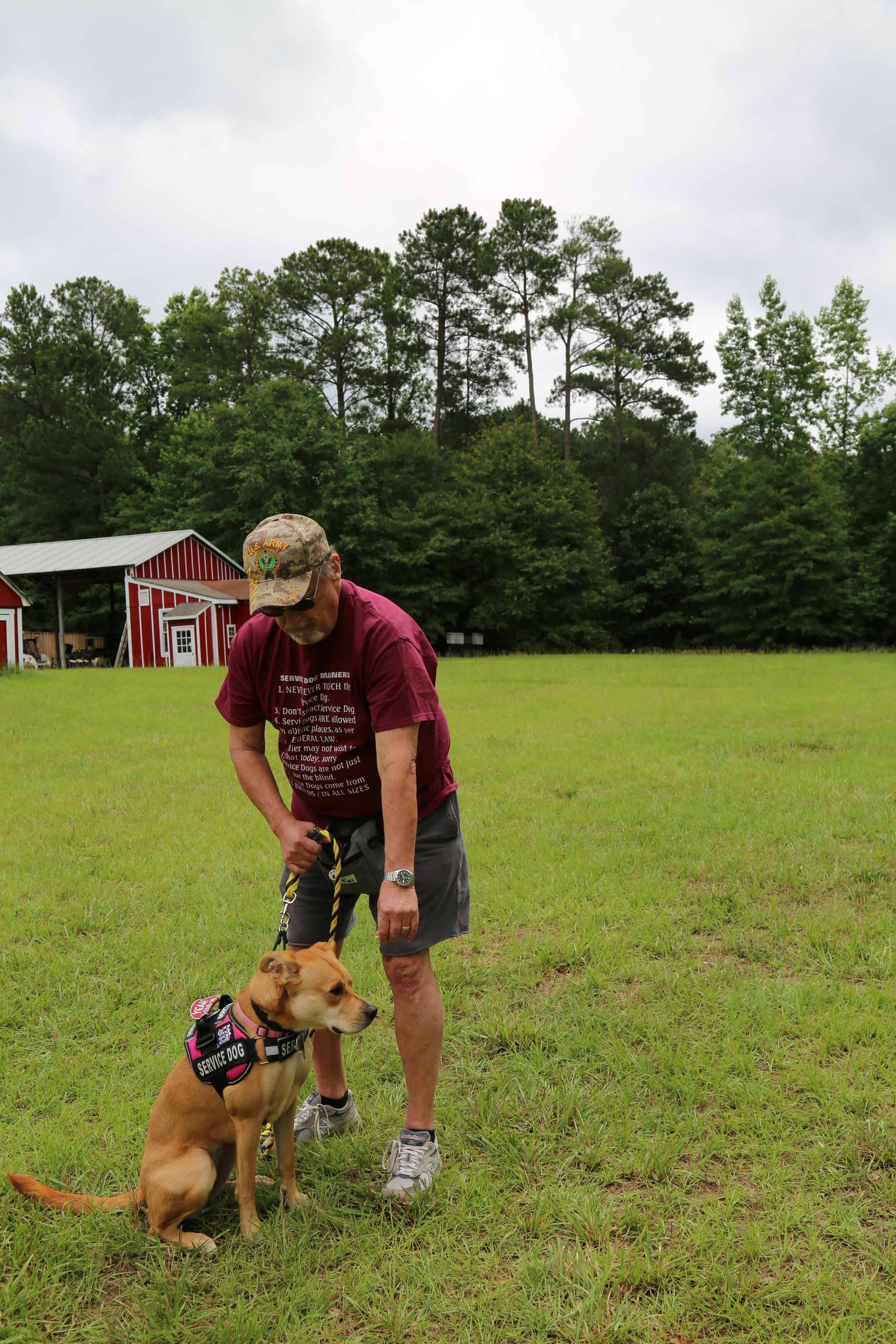There is a veteran every single day who will struggle with getting out of bed, getting dressed, walking to the mailbox or getting groceries. Today, the United States continues to watch the growing number of veterans who suffer from PTSD and other mental illnesses with the same question of, “How do we help?” For Piper Hill, she seemed to have her answer.
“I can’t fight everybody’s battles, so instead, I try to give them a Valentine (her service dog) to go fight their battle, help them get through whatever hardship they’re going through during their day,” Hill says.
Piper’s answer may have just been the start of something much bigger though, with Healing4Heroes serving approximately 123 veterans with service dogs this past year.
“The business plan is actually for twenty-five veterans a year, and we’ve crushed that number every single year for the last five years,” Hill says.
It’s obvious the nonprofit is thriving within multiple cities and states, and Piper has her team to thank for that. All of the staff are volunteers and without them, the organization couldn’t run. But as the need for H4H’s services triples each year, running the business without employees is proving to be difficult at times.
“We go through growing pains about three times a year at least, because I know the bullets and beans and all that good stuff that’s in the Army manual. But running a nonprofit is not in any manual I’ve ever read.”
In total, H4H has paired 500 veterans with about 490 different service dogs, not just in the Georgia area, but throughout the entire United States.
The organization really tries hard to be an advocate for veterans, working with them through the more challenging steps, like paperwork. It’s entirely up to the veteran on how fast their process goes, but paperwork is only one component of the person.
“Most brain injuries and even PTSD, we honestly don’t like paperwork, if it’s something we can’t handle anymore. If you can get paperwork in fast, then great. But we also look at mental health facilities and doctor referrals saying they would benefit from a service dog,” Hill says.
After a veteran is enrolled in the program, H4H offers a class every two months, that attracts about 60 to 70 people, consisting of 20 new veterans, 20 returning, and about 20 volunteer coaches, trainers and other assistants in the community. Veterans are allowed to come back to classes as many times as they need, “because when you go home and try to keep up with training your dog, it’s easy for life to get in the way,” Hill says.
H4H welcomes veterans to continue to come back to their environment, where it can be easier to train and keep working on their selves and companion. If people live local, Piper holds weekly classes to come to, and more recently, H4H is now integrated with video conferencing as a method of connecting with those who need help.
Piper dedicates the existence of the organization on the veterans and ongoing support from the community that continues to come to the classes and take part in the cause; “and I say well guess what, you’re part of this. And they’re like, I haven’t done anything? I say yeah, you are. It’s like a giant Jenga puzzle, and you’re a piece of my Jenga. If you hadn’t touched my life at some point or time, this would’ve never have happened,” Hill says.
In some circumstances, a dog isn’t enough, or the method just doesn’t work. But that doesn’t stop Piper from completing her due diligence. She’ll go as far as to reach out to other programs when she finds a person in crisis, persuading them to go to something or somewhere else for further help.
“We get them going and we keep them going. We don’t want them to stop. They’ve preserved so much through war and battle, anything in life, but we don’t let them give up. We keep them blossoming and becoming the people they need to be,” Hill says.
H4H even goes as far as to pair homeless veterans with service dogs, something Piper has received a lot of criticism for. But that doesn’t stop her from continuing to welcome people into her family.
“I know homeless people that take better care of their animals than rich people around me in Atlanta and I’m okay with it. If it means it gets them out of that closet, back into society, makes them feel alive again instead of hiding, then I’m perfectly okay with it,” Hill says.
Piper works with those specific veterans then to make sure they’re set up with food, heartworm and protective medicine for the dog, sometimes even making sure the person has what they need themselves.
“It’s like I said, when they walk through that door, they are welcomed to the family that I’m in, and I treat them the same way my parents treated my sister and I,” Hill says.
As the future continues for H4H, one priority Piper has on her agenda is to move in the direction of paid employment for her organization, but as she reflects on the work her volunteers have contributed to her cause, she’s left in awe.
“It’s just incredible with how much we’ve expanded. Fortunately, I have enough smarts and enough amazing people around me that are making this happen. Companies like Signal 88 Security, that have come to my rescue several times, it’s all been phenomenal,” Hill says.
Visit https://Healing4Heroes.org/donations to help give hope to another veteran or volunteer your time if you’re in the Georgia area. Veterans can apply and get on the waiting list by going to https://Healing4Heroes.org/application.



